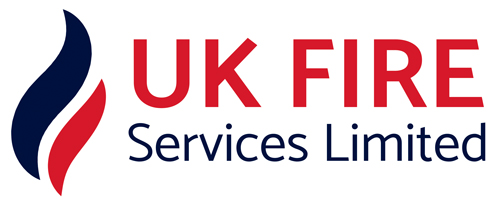Restaurant Fined £7,000 over Fire Safety Breaches
A York restaurant has been ordered to pay £7,000 after a number of fire safety breaches were found at the premises, putting occupants at ‘risk of death or serious injury’.
People sleeping in the nine rooms immediately above the Mr Happy food outlet in Blossom Street risked death or serious injury for two years, York Magistrates Court heard.
The list of failings included:
· The internal staircase to the two floors restaurant and takeaway was blocked and couldn’t be used
· an external staircase into a nearby alleyway had flammable objects and obstacles at its foot
· the building’s fire alarm and fire detectors didn’t work
its fire extinguisher probably didn’t work because it hadn’t been serviced for five years.
Fire officers served a prohibition notice banning the use of the rooms for accommodation after they discovered the fire safety problems during a routine inspection in May 2017.
But in December, immigration officers found a Romanian restaurant employee living in one of the rooms.
Kheng Koay pleaded guilty to failing to ensure the safety of employees and non-employees from May 13, 2015, to May 13, 2017, failure to carry out a fire risk assessment during the same period and failure to comply with a prohibition notice on December 7, 2017.
York magistrates fined him £5,000 and ordered him to pay the £1,989 prosecution costs of the North Yorkshire Fire and Rescue Service, plus a £170 statutory surcharge.
